A legend in the snowboard industry and pioneer in big mountain freeriding, Jeremy Jones has conquered some of the biggest, baddest mountains on the planet. In 2010, he founded a new company––Jones Snowboards––that designs and builds freeride-oriented snowboards, bindings and accessories. National Geographic even nominated him as one of their Adventurers of the Year in 2013.
Now, the 45-year-old father-of-two is focused on another, more urgent mission––saving the planet from climate change.
Jones is not new to the environmentalism space––he started the non-profit organization, Protect Our Winters (POW), in 2007. But while his organization continues to spread awareness about the devastating effects of climate change on our planet, the political divide about this issue is greater than ever.
In order to better understand where the political divide over climate science stems from, and how to bridge it, he began work his latest film project––Purple Mountains––which was released this week and is now available to stream for free. We caught up with Jones to discuss the film, what he’s learned, and where we go from here.
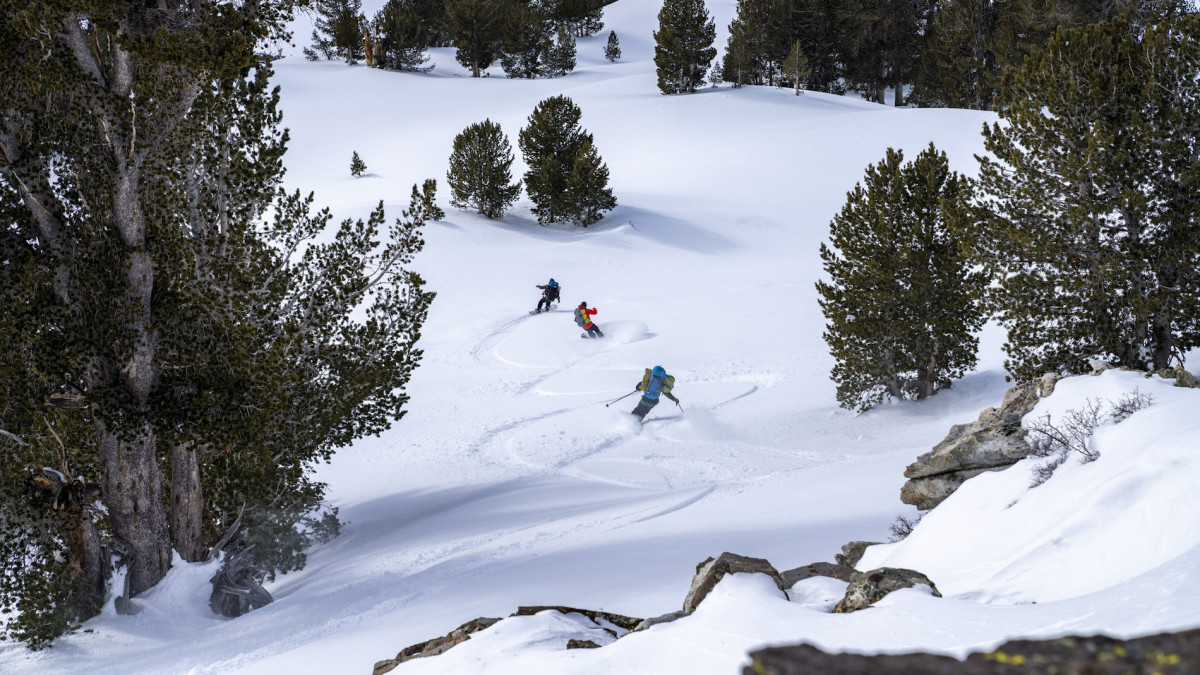
MJ: You just released Purple Mountains to the world, what can you tell us about the film?
JJ: It’s my journey to understand why we are so divided as a country on climate change. It’s actually the most divisive issue in the country, even more than guns. So, it’s about how we got so divided on something like clean air, clean water and a healthy planet.
MJ: Why is climate change such an important issue?
JJ: It’s important because at the end of the day, science has been really consistent that the current path is the wrong path. Our society is now seeing the effects of the mass consumption and burning of CO2 in the atmosphere. We need to make changes as a society and the only way to make major changes is to do it collectively. For that to happen, we need the world’s leaders on board because it’s not a simple change.
MJ: Where does the name Purple Mountains come from?
JJ: I came up with the name Purple Mountains because we realized with this election that we need to win in a handful of key states. They aren’t red states, they aren’t blue state, I call them purple states. That’s been our focus with Protect Our Winters, just putting our efforts in areas where a couple thousand votes will be the difference between a climate champion in office or a climate denier in office.
MJ: If people take one thing away from Purple Mountains, what do you hope it will be?
JJ: Ideally, it would be understanding the urgency needed to act on climate change and making that a priority. Because long-term, as much as these other issues are really important, we are in the eleventh hour on climate. it’s switched into a climate emergency and we need urgency on that. We really need to get past this bi-polarization on climate change.
It’s a scenario where your grandkids could ask, ‘When our country was run by climate deniers, who did you vote for in that pivotal election?’ I think it would be hard to defend that vote.
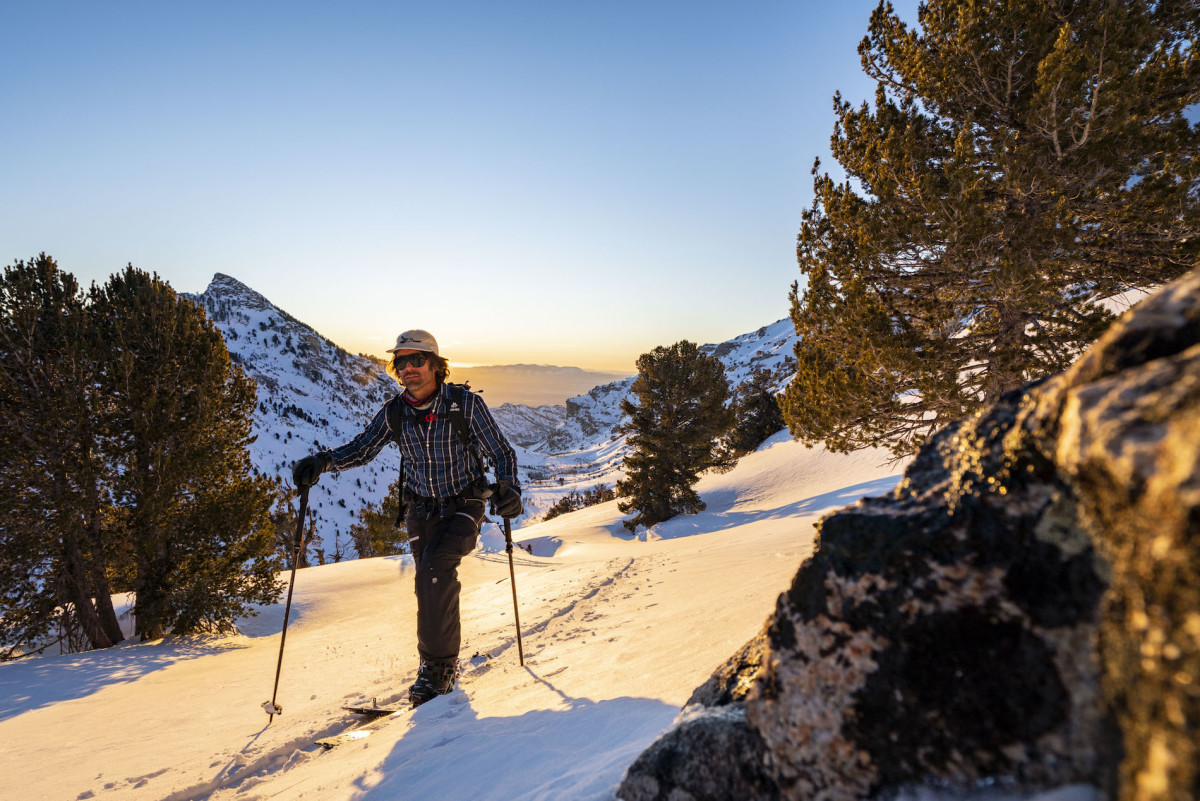
MJ: As a professional snowboarder, how did you become involved with politics?
JJ: I realized that to have real action on climate change, we needed to move the needle with our elected officials. We aren’t just going to get there by changing our light bulbs and using reusable water bottles. We need large-scale, systemic change. And to do that we need policy and our policymakers on board.
MJ: What is the difference between Purple Mountains and your other snowboard films?
JJ: With Purple Mountains, it’s a real documentary. I’m definitely way out of my comfort zone with this film, which is both exciting and terrifying.
MJ: Why do you think people deny climate change is happening?
JJ: There has been this very concentrated and sophisticated effort to target certain people, to poke holes in the science. Hundreds of millions of dollars has been spent to add doubt to climate change. This dates back to the ’80s and it works. It’s not by chance, that was the goal of the fossil fuel industry.
MJ: Do you believe the public’s view on climate change has shifted in the last few years?
JJ: The biggest change is we are seeing these new voters––the 18-35-year-old generation––and they are serious about climate action. But traditionally, that age demographic has had a pretty poor voting record. So the real X factor is getting these 18-to-35 year olds out to vote and that’s where we’ve focused a lot of our attention at Protect our Winters.
To be clear, Protect Our Winters is a bipartisan group focused on climate action. When we go to DC, 70% of our meetings are with moderate Republicans that we think could possibly vote for climate action. Because at the end of the day, we need to get there collectively as a country.
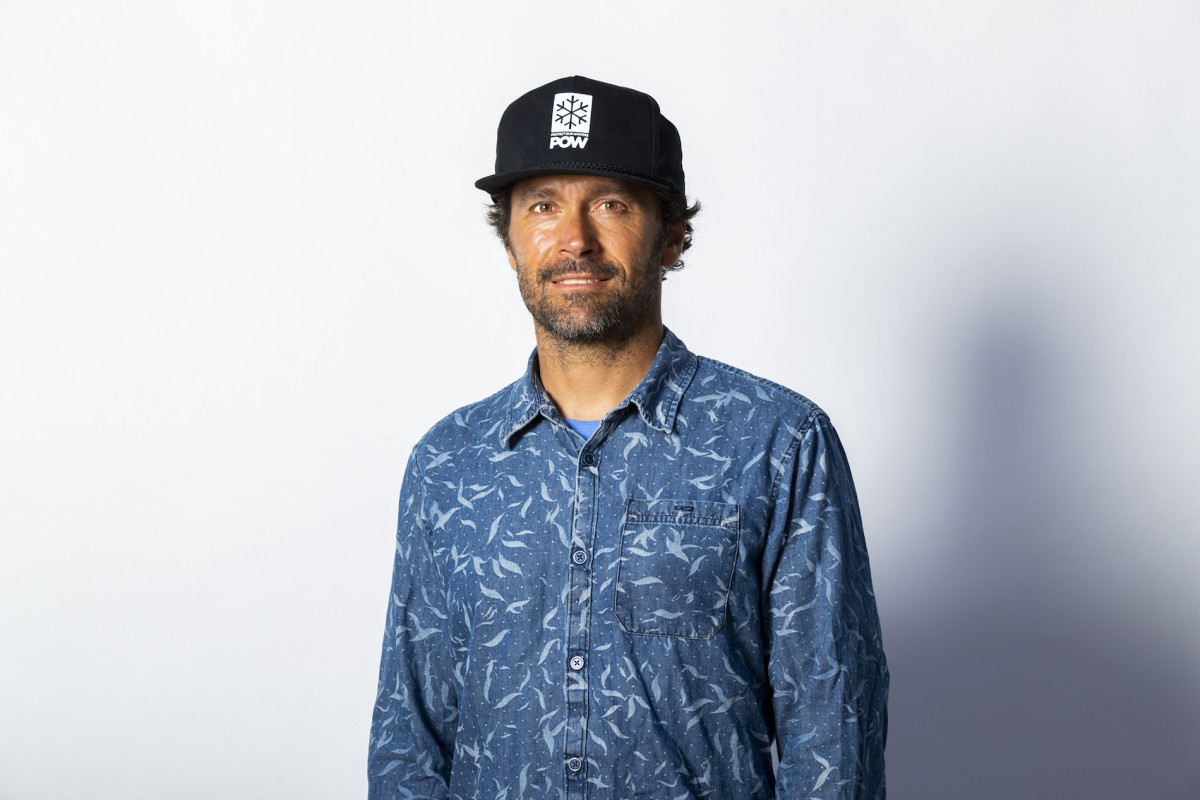
MJ: What do you hope to see happen with climate action?
JJ: Clean water, clean air and a healthy planet are byproducts of climate action. So what we are pushing for is this transition from fossil fuels to clean energy. And I have optimism because we already have the solutions, and the solutions are job creators.
Right now, fossil fuel and clean energy is not on an even playing field, the subsidies for fossil fuels are much greater. So ideally, we would just love to see a fair market on energy.
MJ: What is the view on climate change in rural mountain communities across the West?
JJ: We are getting past the climate is not changing story, which really just happened last year. So that’s positive and a great statement to have made in 1984, but the sad part is we need urgency. In the next 30-40 years, the transition is happening because the economics are too good. But we need to have it happen in the next 8-10 years.
MJ: Talk about Protect Our Winters’ initiative with the Outdoor State?
JJ: We realize there are over 50 million people in this country that represent the ultimate swing state, which is the outdoor state. This is 50 million people whose lives are really connected to the outdoors in one way or the other, but they typically aren’t the greatest voters.
So we’re trying to explain that climate change is threatening people’s backyard paradise––which is generally on public lands––so you need to vote for the land that you love. And depending where you live, this land may also be under threat of extraction from the fossil fuel industry. One of the things that makes America unique is that we were so progressive with our protection of public lands, but they are under attack by the extraction industry.
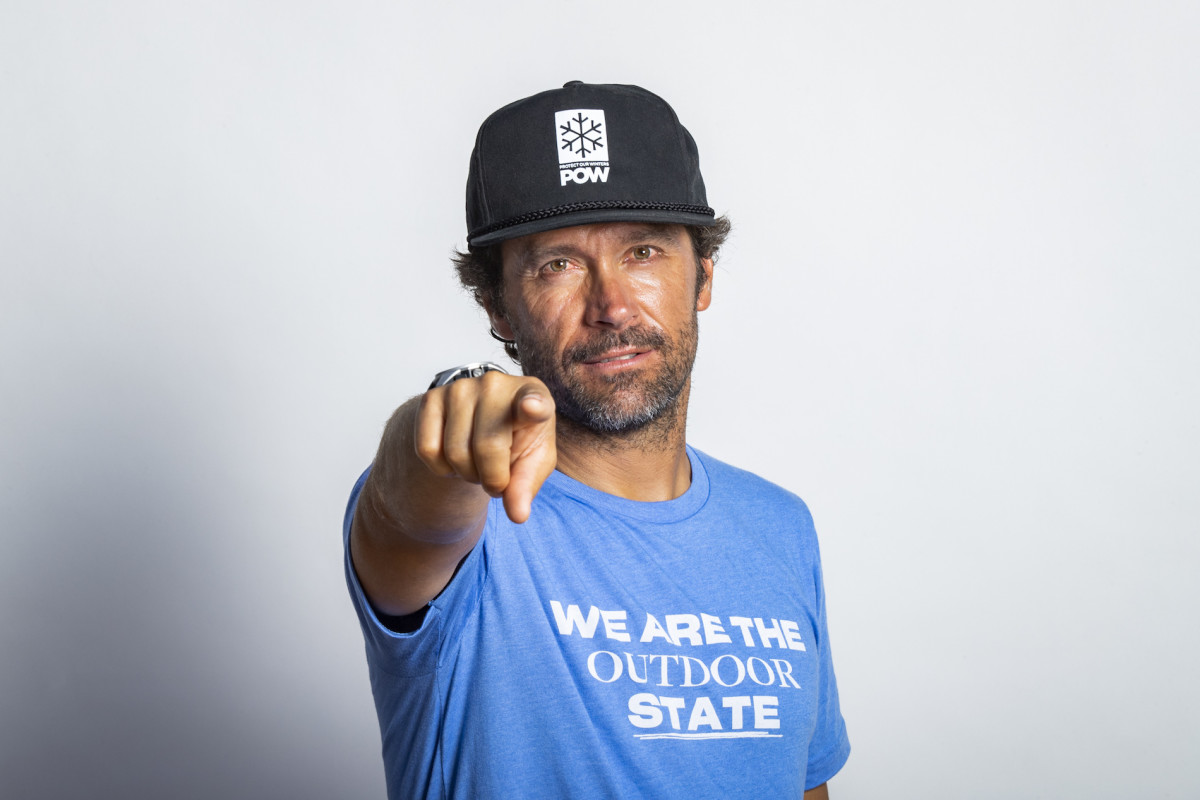
MJ: How can people help with the fight against climate change?
JJ: Vote, get friends to vote, get more friends to vote. I will say, there’s a concerted effort to make voting as hard as possible this year, so you really need to make a plan. We launched makeadamnplan.com to help people make a voting plan and navigate the different requirements for voting in your area.
from Men's Journal https://ift.tt/2FNXoUo

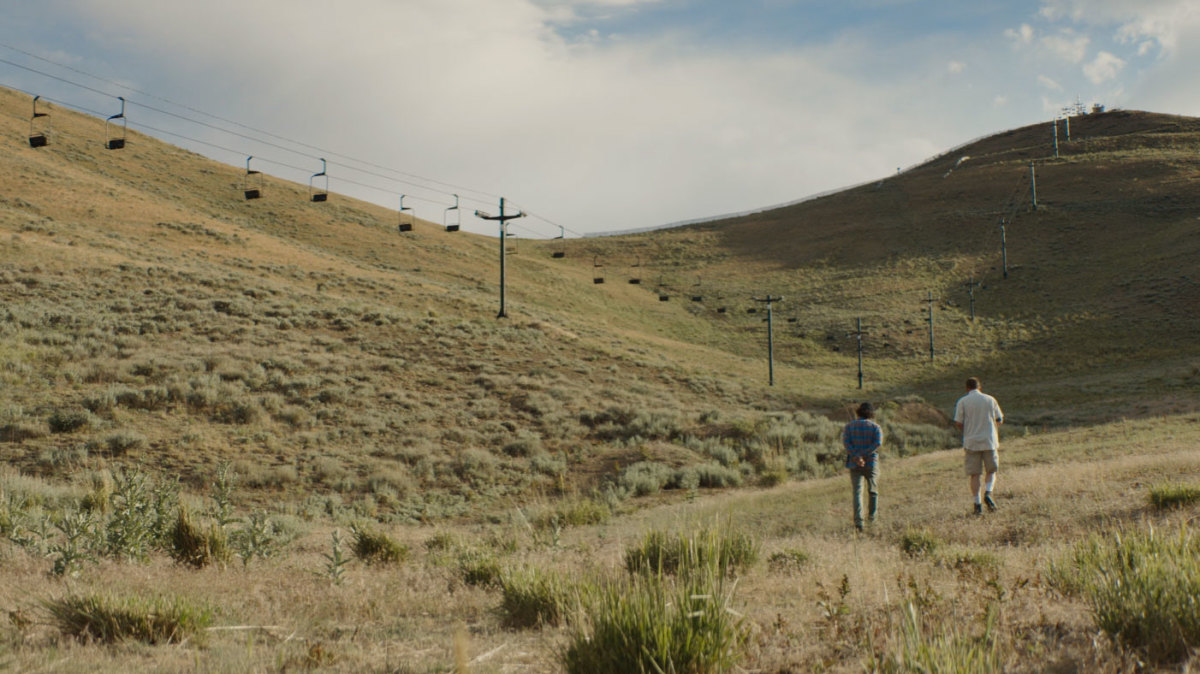



0 comments